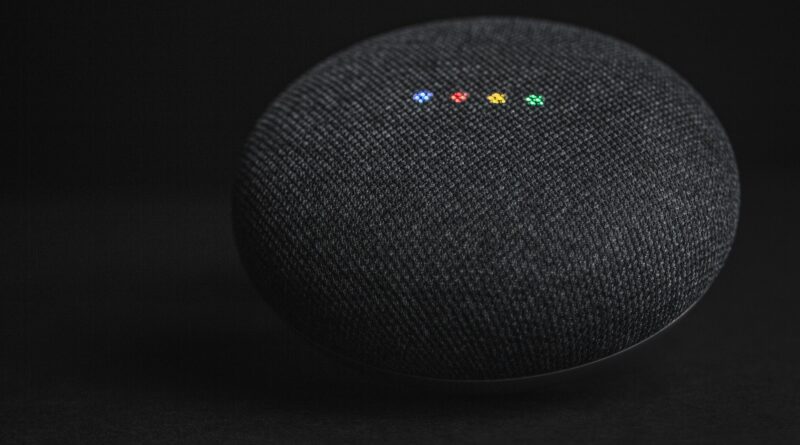The Growing Influence of Voice Assistants: Exploring the Rise of Smart Speakers
Voice assistants have emerged as one of the most prominent and influential technologies in recent years, revolutionizing the way we interact with our devices and access information. At the forefront of this revolution are smart speakers, such as Amazon Echo with Alexa, Google Home with Google Assistant, and Apple HomePod with Siri. This composition delves into the growing influence of voice assistants and explores the rise of smart speakers as a central hub for smart homes and everyday life.
Voice Assistants and Natural Language Processing:
Voice assistants utilize natural language processing (NLP) and artificial intelligence algorithms to understand and respond to human voice commands. They have become increasingly sophisticated in comprehending context, handling complex queries, and providing accurate and relevant responses. NLP allows users to interact with their devices naturally, without the need for specific commands or complex menus, making voice assistants more accessible and user-friendly.
Rise of Smart Speakers:
Smart speakers, equipped with voice assistants, have gained significant popularity due to their convenience and versatility. These devices act as a central hub, bringing together various smart home devices, services, and applications. Users can control their smart devices, such as lights, thermostats, and security systems, using voice commands, creating a seamless and integrated smart home experience. Smart speakers also provide access to a wide range of information, music streaming services, news updates, and personalized recommendations.
Hands-Free Convenience and Multitasking:
Smart speakers offer hands-free convenience, allowing users to access information and perform tasks without needing to use their hands or interact with screens. This feature is particularly valuable in situations where hands may be busy or when accessibility is a concern. Voice commands enable users to perform tasks such as setting reminders, creating shopping lists, making phone calls, or controlling multimedia playback, all while multitasking or engaging in other activities.
Personalized and Contextual Experiences:
Voice assistants have become increasingly adept at providing personalized and contextually relevant experiences. They can recognize individual voices, allowing for personalized responses, recommendations, and user-specific settings. Voice assistants leverage data from various sources, such as user preferences, browsing history, and connected devices, to tailor their responses and provide customized content. This personalization enhances user engagement and satisfaction, fostering a more intuitive and seamless user experience.
Integration with Third-Party Services and Skills:
Smart speakers have expanded their capabilities through integration with third-party services and the development of voice-activated skills or apps. Users can now order food, request a ride, check the weather, play games, or control smart home devices through voice commands. The integration of voice assistants with a wide array of services and skills continues to grow, enhancing the versatility and usefulness of smart speakers in various aspects of daily life.
Privacy and Security Considerations:
The rise of voice assistants and smart speakers has raised concerns about privacy and data security. As these devices constantly listen for wake words or commands, there is a potential risk of unintended recordings and unauthorized access to sensitive information. Manufacturers and developers are actively working to address these concerns by implementing robust security measures, including encryption, user authentication, and privacy settings. It is crucial for users to be aware of their device’s privacy settings and exercise caution when utilizing voice-activated technologies.
The growing influence of voice assistants, facilitated by the rise of smart speakers, has transformed the way we interact with technology and integrated it into our daily lives.









